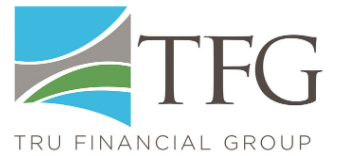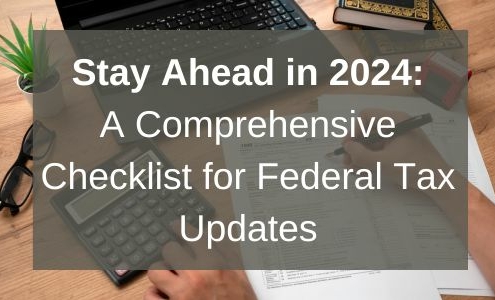
Stay Ahead in 2024: A Comprehensive Checklist for Federal Tax Updates
Explore the upcoming 2024 Canadian tax changes affecting investors, business owners, and high-net-worth individuals. From capital gains adjustments to new incentives, stay informed with our comprehensive checklist.
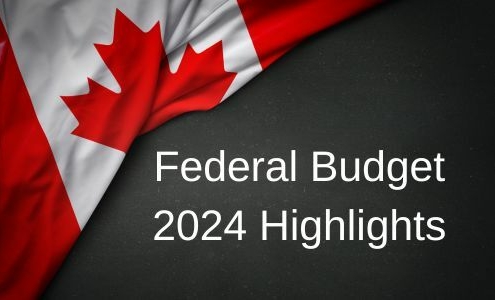
2024 Federal Budget Highlights
On April 16, 2024, Canada's Deputy Prime Minister and Finance Minister, Chrystia Freeland, presented the federal budget.
While there are no changes to federal personal or corporate tax rates, the budget introduces:
• An increase in the portion of capital gains subject to tax, rising from 50% to 66.67%, starting June 25, 2024. However, individual gains up to $250,000 annually will retain the 50% rate.
• The lifetime exemption limit for capital gains has been raised to $1.25 million. Additionally, a new one-third inclusion rate is set for up to $2 million in capital gains for entrepreneurs.
• The budget confirms the alternative minimum tax changes planned for January 1, 2024 but lessens their impact on charitable contributions.
• This year's budget emphasizes making housing more affordable. It provides incentives for building rental properties specifically designed for long-term tenants.
• Introduces new support measures to aid people buying their first homes.
• Costs for specific patents and tech equipment and software can now be written off immediately.
• Canada carbon rebate for small business
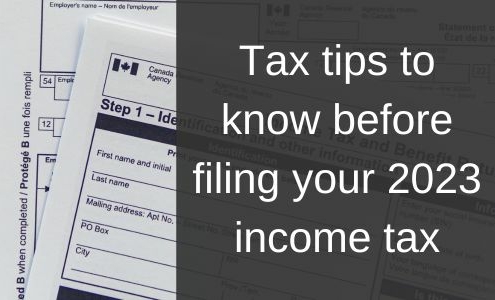
Tax tips to know before filing your 2023 income tax
Unlock the secrets to maximizing your 2023 tax returns with our essential guide. From the new Advanced Canada Workers Benefit to crucial deductions for families, ensure you're not leaving money on the table this tax season.

Financial Advice for Incorporated Professionals
We can help you determine where you are today financially and where you want to go. We can provide you guidance on how to reach your short, medium and long term financial goals.
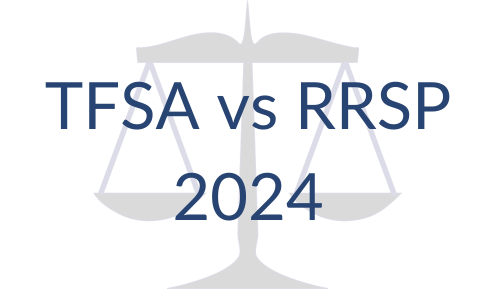
TFSA vs RRSP – 2024
When looking to save money in a tax-efficient manner, Tax-Free Savings Accounts (TFSA) and Registered Retirement Savings Plans (RRSP) can offer significant tax benefits. The main difference between the two is that TFSAs are ideal for short-term goals, such as saving for a down payment on a house or a vacation, as its growth is entirely tax-free, while RRSPs are more suitable for long-term goals such as retirement. When comparing deposit differences, TFSAs have a limit of $7,000 for the current year, while RRSPs have a limit of 18% of your pre-tax income from the previous year, with a maximum limit of $31,560. In terms of withdrawals, TFSAs have no conversion requirements and withdrawals are tax-free, while RRSPs must be converted to a Registered Retirement Income Fund (RRIF) at age 71 and withdrawals are taxed as income.
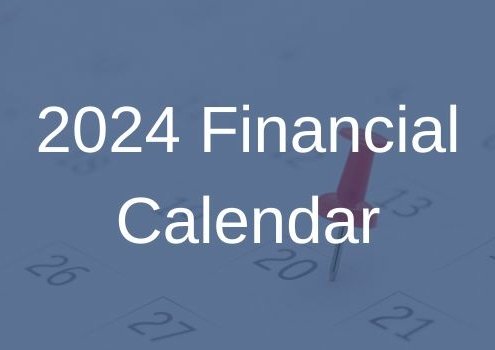
2024 Financial Calendar
Stay ahead in 2024 with our comprehensive financial calendar! From tax filing to benefit distributions, we guide you through key dates like the $7,000 TFSA contribution and $8,000 First Home Savings Account. Bookmark now for a financially savvy year!

The Health Spending Account for Business Owners and Incorporated Professionals
Discover a game-changing solution to manage medical expenses efficiently - the Health Spending Account. As a business owner, reduce tax burdens and provide tax-free benefits to yourself and employees. No monthly premiums, cost-effective, and hassle-free reimbursement process. Unlock the full potential of your healthcare budget now.

Understanding Registered Education Savings Plans (RESPs) in Canada
Dive into the details of Registered Education Savings Plans (RESPs)! This guide covers how RESPs work, eligibility criteria, benefits, and government grants such as the Canada Education Savings Grant. Learn how to open an RESP and safeguard your child's educational future.

Federal Budget 2023 Highlights
On March 28, 2023, the Federal Government released their 2032 budget. This article highlights the following financial measures:
• New transfer options associated with Bill C-208 for intergenerational transfer.
• New rules for employee ownership trusts.
• Changes to how the Alternative Minimum Tax is calculated.
• Improvements to Registered Education Savings Plans.
• Expanding access to Registered Disability Savings Plans.
• Grocery rebate.
• Deduction for tradespeople tool expenses.
• Automatic tax filing.
• New Canadian Dental Care Plan.

British Columbia 2023 Budget Highlights
On February 28, 2023, the B.C. Minister of Finance announced the 2023 budget. We have highlighted the most important financial measures you need to know:
• Tax credit changes.
• Increases to the B.C Family Benefit.
• Carbon tax changes.
• Other important tax changes.
• Healthcare and housing spending.
